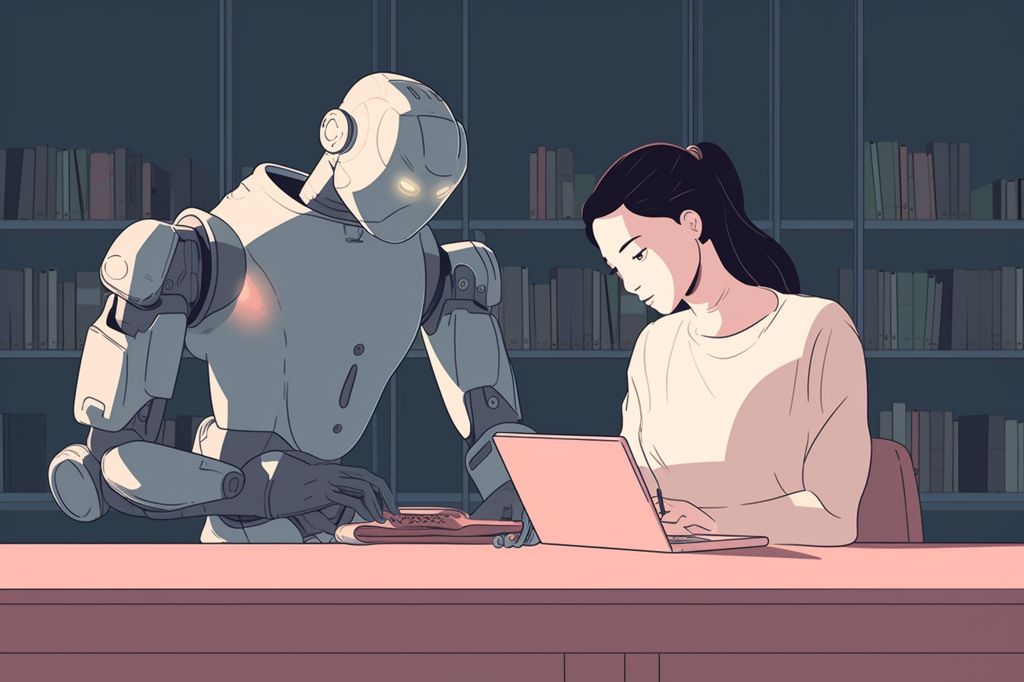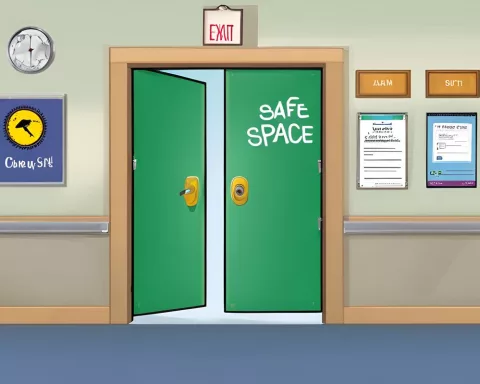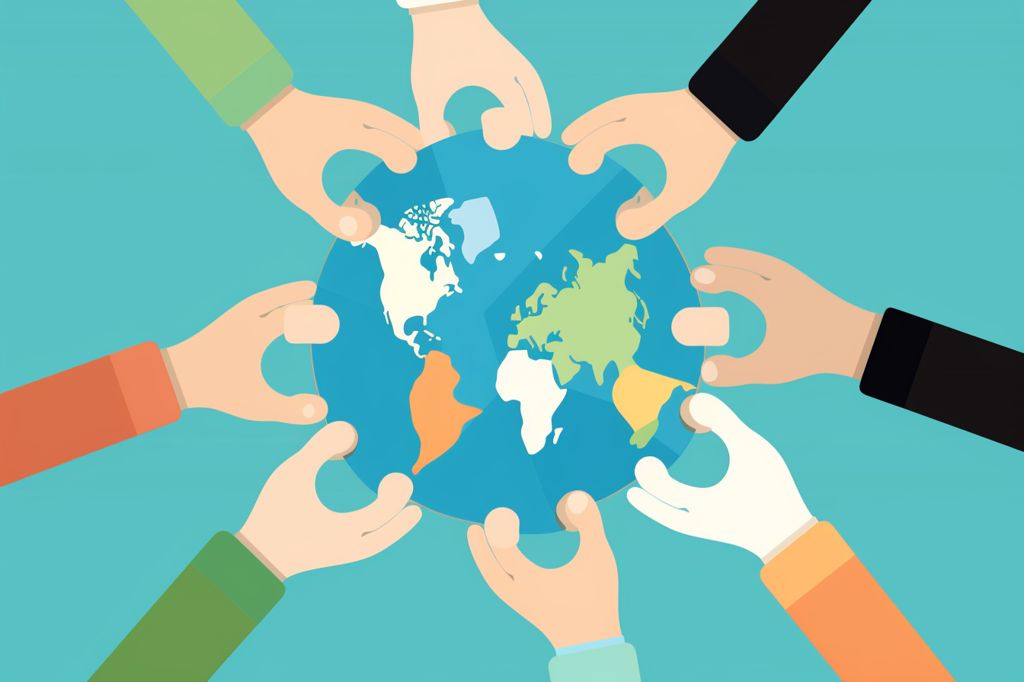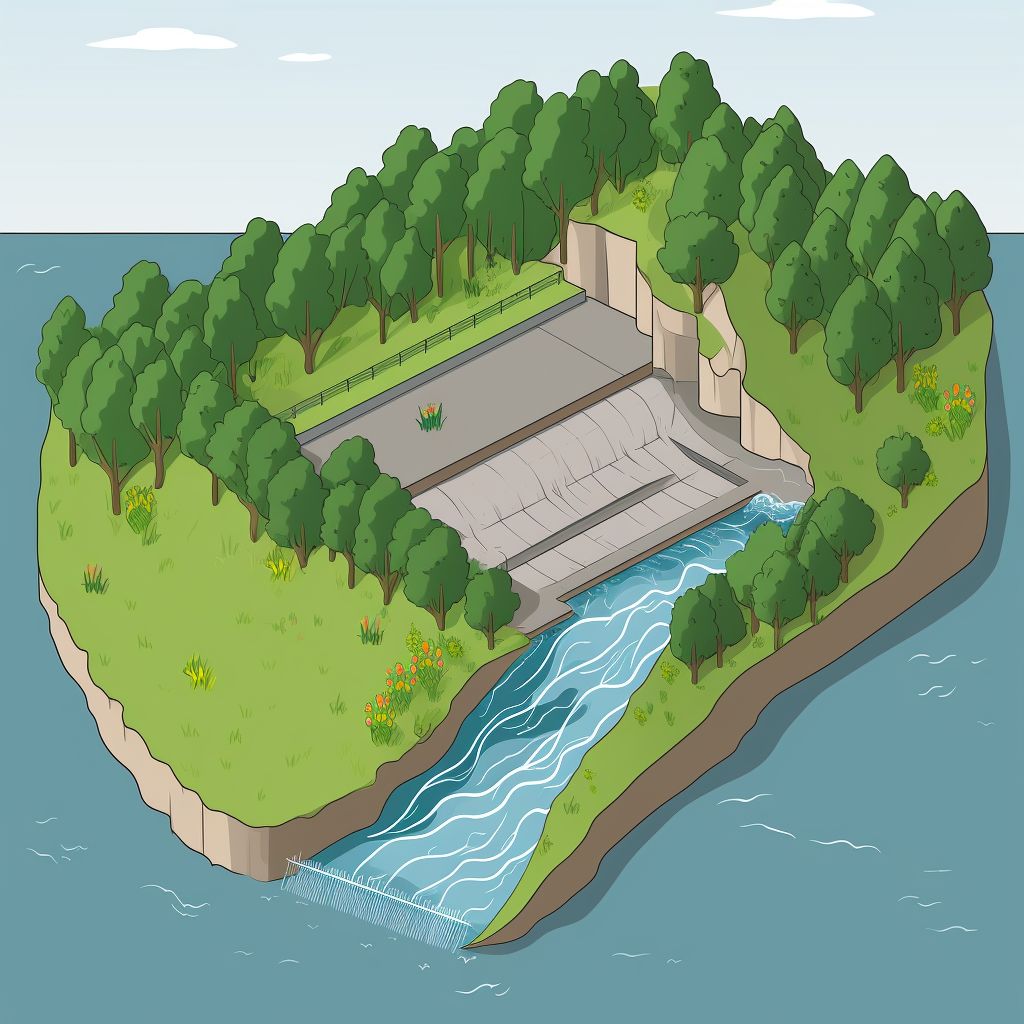South Africa recognizes that Artificial Intelligence (AI) can transform the country’s education system and support the Fourth Industrial Revolution (4IR). The country has made considerable progress in using AI to improve communication between students, educators, researchers, and institutions. However, some stakeholders are defensive about AI, while others embrace its potential.
Commitment to the 4IR Era
To adapt to the 4IR era, South African President Ramaphosa called for a “major shake-up in education and training.” The Ministry of Higher Education, Science, and Innovation is leading the charge under Priority 2 on Education, Skills, and Health of the 2019-2024 Medium-Term Strategic Framework (MTSF). This five-year plan is designed to incorporate digital technologies as crucial components of education and training provision.
Universities’ Role in AI Research and Innovation
South African universities play a central role in the country’s efforts to position itself as a global technological contender through AI research and innovation. AI projects are being deployed across various sectors, such as 4IR in manufacturing, healthcare, and Agriculture 5.0. Partnerships with organizations like the AI Institute of South Africa (AIISA) could help address youth unemployment by equipping them with contemporary skills and fostering job creation.
Catalytic projects at Tshwane University of Technology (TUT) and the University of Johannesburg (UJ) showcase how AI can propel economic growth. The establishment of the Centre for Artificial Intelligence Research (CAIR) represents a significant milestone in AI research. With nodes at five South African universities, CAIR conducts extensive research into various aspects of AI.
AI Courses in Higher Education Institutions
To nurture AI competencies, the majority of South African universities offer AI courses, primarily within the computer science discipline. AI focuses on intelligent tasks such as reasoning, learning, and adapting to new situations, drawing on computer science, psychology, and philosophy.
Higher education institutions, including TVET and CET colleges, are investing in 4IR technologies like AI through established structures and collaborations. The Department of Higher Education and Training actively supports the establishment of 4IR Centres of Excellence and AI Labs in TVET colleges, training mentors, and implementing AI curricula.
Responsible and Ethical Implementation of AI in Education
While AI has the potential to be a valuable asset in education, it is not a cure-all. The limitations and potential biases of AI must be carefully examined, ensuring that its implementation is responsible, ethical, and focused on enhancing the educational experience for all students.
By fostering a comprehensive understanding of AI, South Africa can better harness its potential and navigate the challenges of the Fourth Industrial Revolution. The country’s commitment to incorporating digital technologies in education and training provision, coupled with collaborations between organizations, universities, and government departments, positions South Africa as a major player in the global Fourth Industrial Revolution.












